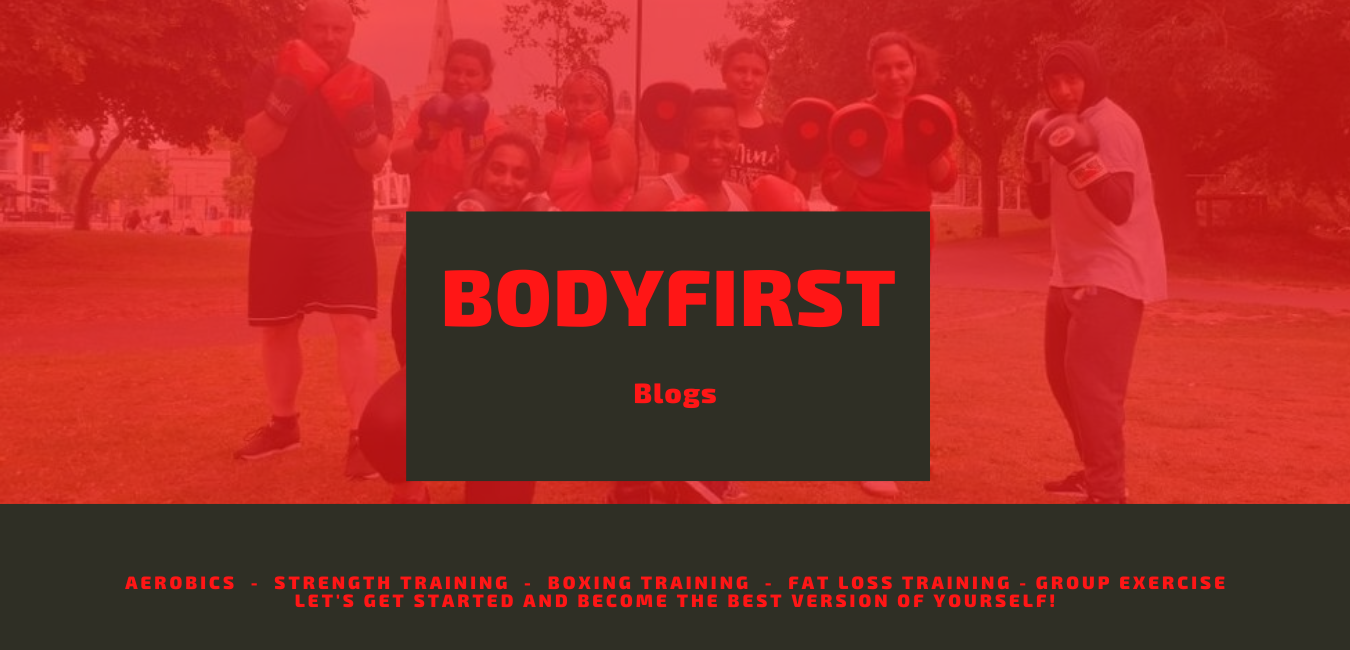|
In the last part of this article series, you learned that protein and fats are the two essential macronutrients in your daily nutrition.
These two contain essential amino & fatty acids, which regulate many processes, growth of tissues & body composition. For the goal of building muscle mass, however, there is one more very important nutrient in the foods you consume. In this article, we’ll explain everything you need to know about carbs and why they are an important aspect of your nutrition. What Are Carbohydrates? Carbohydrates, also known as “carbs” are the sugars, fibers, and starches, found in vegetables, fruits, grains, legumes, milk, and other food products. This nutrient provides 4 calories per gram and when metabolized, gets converted to blood glucose & muscle/liver glycogen. Glycogen is basically the stored form of carbohydrates. Most of that glycogen gets stored in the muscles and a lesser portion goes to the liver. Carbs Are The KING Of Intense PerformanceNow, during intense bouts of training activity, the body uses ATP (adenosine triphosphate) as its main energy source. However, the stores of that ATP are generally limited, and as your workouts continue, the body needs to find more sources of energy to REGENERATE that ATP, in order to continue the activity. This is where muscle glycogen comes into play - In a process called “glycolysis”, the body uses muscle glycogen to restore ATP and continue muscular contraction. What About Keto? Carbs have often been demonized and this is the exact reason why trends like the ketogenic diet come to the surface. There are actually many people that consider the ketogenic diet to be optimal for high-intensity performance. But the truth is that during a keto diet, the body starts utilizing fatty acids as the main energy source, due to the lack of carbohydrates. And, guess what, fats have 9 calories per gram, as opposed to carbs that have just 4 calories per gram. This makes fats more than twice as caloric as carbohydrates. That exact caloric value, combined with the more complex structure of fats, makes them unsuitable for high-intensity performance. This is because high-intensity performance is optimized when you have an energy source that can be broken down RAPIDLY. Quite logically, when we have a nutrient with a simple structure and 4 calories per gram (carbs) and a nutrient with a more complex structure and a higher caloric value, the winner is obvious. Studies have shown that no matter the trends, carbohydrates remain the KING of high-intensity performance, due to the fact they are the only nutrient that can be broken down into energy rapidly enough, during high-intensity training bouts. Can you build muscle and get stronger on zero carbs? Yes, but the rate of progress will likely be suboptimal. What Carbs Should You Choose? When we look at carbs, there are two main types we can differentiate between:
Simple carbohydrates are called that way, due to their simple structure, which the body breaks down easily during digestion. This means that simple carbs are quick energy for the body and this can be used in certain scenarios. However, for the most part, this quick and easy digestion leads to sudden spikes and drops in your blood sugar levels, which can lead to what we refer to as a “sugar crash”. Simple carbs are mainly found in refined sugar products, such as raw sugar, brown sugar, syrups, fruit juice concentrates, candy, doughnuts, etc. On the other hand, we have complex carbs, which have a more complex structure and release energy gradually. If your goal is to build muscle mass, complex carbs are what you should primarily focus on. This type of carbohydrate will not lead to any blood sugar spikes and will grant sustainable energy, that is released gradually, as we already mentioned. Complex carbs are mainly found in grains, legumes, and starchy vegetables. Here’s a list of the best complex carbs you can use in your muscle-building nutrition plan:
Conclusion If you are trying to build muscle mass, you should know that you can’t go without performing well in the gym. And well, quite frankly, optimal athletic performance is a matter of providing the body sufficient energy. Specifically for intense performance, the most potent energy source is muscle glycogen. This implies that a suboptimal consumption of carbohydrates may actually hinder your workout performance, due to the low levels of muscle glycogen. Comments are closed.
|
AuthorI have been weight training, running and cycling for 38 years and I have gained a vast amount of experience in fitness both as a Soldier in The British Army and in the past 22 years having been involved in the fitness industry. Archives
February 2023
Categories |

 RSS Feed
RSS Feed